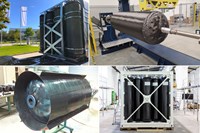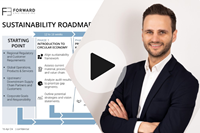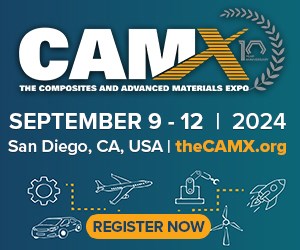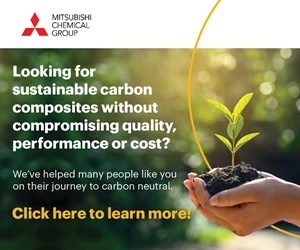Plastic Omnium signs strategic hydrogen partnership with AVL
Automotive supplier and key hydrogen player to accelerate commercial rollout of high-performance hydrogen systems for use in all vehicle categories by 2022.

Photo Credit: Riedler Peter photoworkers.at
Automotive supplier and new entrant to the Type IV tank market Plastic Omnium (Île-de-France, France), together with AVL (Graz, Austria), an independent development, simulation and testing company for the automotive and energy industries, have signed a partnership agreement for the development of high- and medium-powered hydrogen systems. The new partnership will enable Plastic Omnium to accelerate the commercial rollout, as of 2022, of a range of high-performance, cost-effective hydrogen systems for use in all categories of vehicles. These complete future systems will incorporate fuel cells from EKPO, a joint venture between ElringKlinger (Dettingen an der Erms, Germany) and Plastic Omnium.
The agreement will allow the partners to deliver an integrated response to the full range of market requirements, with complete systems covering all power outputs from 10 to 200 kilowatts.
“AVL is proud to enter this partnership with Plastic Omnium with the aim to develop leading edge fuel cell systems for a wide range of vehicle applications,” says Prof. Helmut List, chairman and CEO of AVL. “The two companies fit well together as AVL will bring in 20 years of experience in fuel cell development together with all necessary methods and tools, whereas Plastic Omnium has a unique track record in industrialization and automotive series production.”
The partnership opens the way to commercial collaboration to provide end-to-end solutions to the fuel cell market, focused on OEMs and fleet operators. Joint marketing activities will be set up, with Plastic Omnium focusing on the fuel cell systems side and AVL on vehicle integration.
“Plastic Omnium is now starting to produce its range of hydrogen solutions at scale. By pooling our expertise, this tie-up with AVL will ramp up development of a range of hydrogen solutions tailored to each segment, and help accelerate the emergence of hydrogen in the heavy and commercial vehicle segments,” adds Plastic Omnium’s CEO, Laurent Favre. “This partnership is another milestone in Plastic Omnium’s hydrogen strategy and in our growing role in zero-emission mobility.”
Related Content
-
Materials & Processes: Fabrication methods
There are numerous methods for fabricating composite components. Selection of a method for a particular part, therefore, will depend on the materials, the part design and end-use or application. Here's a guide to selection.
-
Novel dry tape for liquid molded composites
MTorres seeks to enable next-gen aircraft and open new markets for composites with low-cost, high-permeability tapes and versatile, high-speed production lines.
-
Materials & Processes: Fibers for composites
The structural properties of composite materials are derived primarily from the fiber reinforcement. Fiber types, their manufacture, their uses and the end-market applications in which they find most use are described.










.jpg;maxWidth=300;quality=90)





